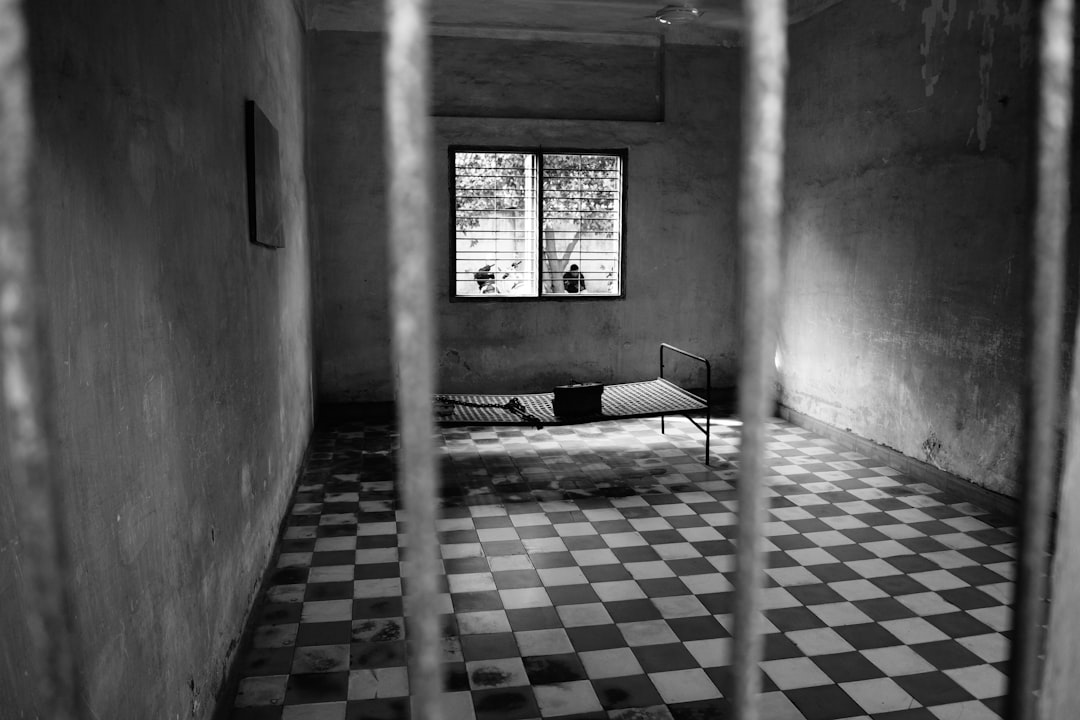What is it about?
A prisoner refuses to work. Another inverts victorian values about sexuality. Two prisoners exchange love letters under a regime in which prisoners are forbidden to lay eyes on one another, let alone speak to each other. Are these examples of resistance or simply examples of prisoners behaving as many human beings would in similar situations?
Featured Image
Why is it important?
This article questions previous interpretations of prisoner behavior as "resistance" when this behavior is not accompanied by clear intentions. Instead, it suggests that we can think of behavior that violates rules, but that might not be intentionally political, as "friction."
Read the Original
This page is a summary of: Resistance or friction: Understanding the significance of prisoners’ secondary adjustments, Theoretical Criminology, July 2014, SAGE Publications,
DOI: 10.1177/1362480614543320.
You can read the full text:
Contributors
The following have contributed to this page










